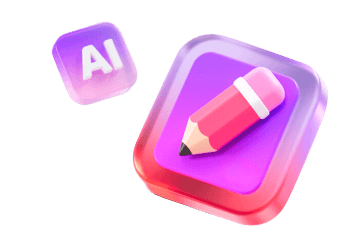Instructional design plays a vital role in crafting effective educational experiences, particularly within the evolving digital environment. As an instructional design specialist, your responsibility includes developing content that is not only engaging but also interactive and centered around the needs of learners, ultimately enhancing comprehension and memory retention. Regardless of whether you're involved in corporate training, K-12 education, or higher education, the foundational principles of instructional design will empower you to devise meaningful learning solutions.
Understanding Fundamental Concepts of Instructional Design
At its essence, instructional design encompasses the structured creation of educational programs and resources. It's crucial to grasp various learning theories and effectively incorporate them into your designs. Familiarity with models such as ADDIE (Analysis, Design, Development, Implementation, Evaluation) and SAM (Successive Approximation Model) will help you refine and expedite your design process.
Crafting Compelling Learning Experiences
Engagement is essential for effective learning. Here are several methods to achieve this:
Evaluating Learner Requirements
Prior to creating your course, it is important to perform a comprehensive needs assessment. This may include administering surveys, conducting interviews, and organizing focus groups to gain insights into your audience's knowledge gaps, preferences, and learning styles.
Incorporating Technology in Instructional Design
Utilize technological tools to elevate the learning experience. Explore Learning Management Systems (LMS) for delivering content, as well as tools such as Homestyler for creating interactive and immersive educational materials.
Assessing Learning Results
Following the implementation phase, it's important to evaluate the impact of your instructional strategies. Utilize both formative and summative evaluations to collect feedback that will inform and enhance future courses.
Frequently Asked Questions
Q: What are some key competencies for an instructional design officer? A: Important skills include project management, a deep understanding of learning theories, proficiency in educational technology, and effective communication skills.
Q: What can I do to enhance my instructional design expertise? A: Continual professional development through workshops, online courses, and associations dedicated to instructional design can help enhance your skills.
Welcome to the top office design software!










































![Design [4]](https://hs-designs.homestyler.com/production/design/images/07c2de3a-88ec-4be8-8910-ff255b795bc2/1731419398293/7841697.jpg?x-oss-process=image/resize,w_502,m_mfit/format,webp)












